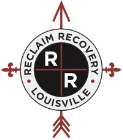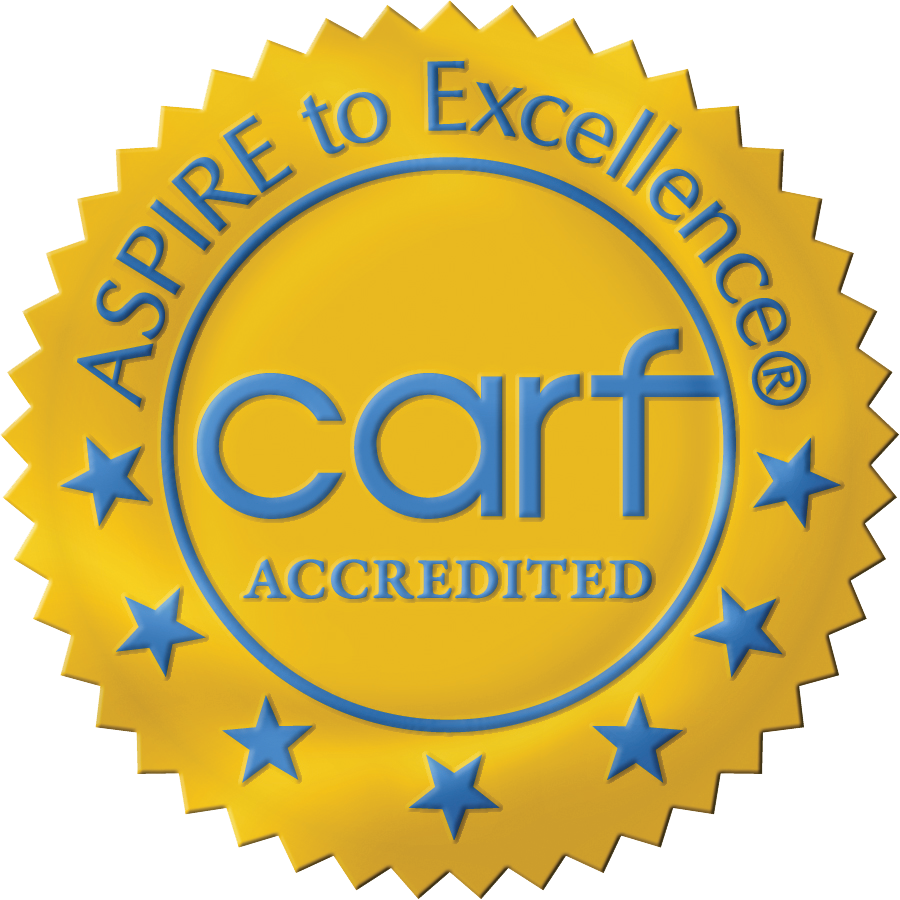Our Blogs

Is Dual Diagnosis Treatment Right for You? Understanding Co-Occurring Disorders
Is Dual Diagnosis Treatment Right for You? Understanding Co-Occurring Disorders
Struggling with addiction is difficult enough on its own. But for many people, substance use is only one part of the story. Mental health conditions—like depression, anxiety, PTSD, or bipolar disorder—often accompany addiction, making recovery more complex. At Reclaim Recovery Louisville, we offer dual diagnosis treatment in Louisville, KY designed to address both substance use and mental health together, so healing can happen at the root.

What Is Dual Diagnosis?
Dual diagnosis, also known as co-occurring disorders, refers to the presence of both a mental health disorder and a substance use disorder at the same time. This combination is common—according to national data, nearly 50% of those with a substance use disorder also have a mental health condition.
Common mental health conditions seen in dual diagnosis clients include:
Depression
Anxiety disorders
Bipolar disorder
Post-traumatic stress disorder (PTSD)
Obsessive-compulsive disorder (OCD)
Schizophrenia spectrum disorders
Treating one condition without addressing the other often leads to relapse or incomplete recovery. That’s why an integrated treatment approach is essential.
How Mental Health and Addiction Interact
Mental health issues and addiction are closely linked. For example:
Someone with anxiety might misuse alcohol to feel calm in social situations.
A person with PTSD might turn to substances to numb intrusive memories.
Untreated depression can make sobriety feel hopeless or unmotivating.
These interactions create a cycle where one condition fuels the other. Dual diagnosis treatment focuses on breaking this cycle through targeted, supportive care.
What Dual Diagnosis Treatment Involves
At Reclaim Recovery Louisville, our dual diagnosis programs offer:
Comprehensive assessment to diagnose both conditions properly
Personalized treatment plans tailored to each individual’s mental health and substance use needs
Evidence-based therapy, including CBT, DBT, and trauma-informed care
Medication management for mental health stabilization (when needed)
Group therapy for peer support and shared learning
Ongoing care coordination to support long-term mental wellness
Our licensed clinical team understands how these conditions overlap and how to treat them in harmony—not in isolation.
Who Should Consider Dual Diagnosis Treatment?
You may benefit from a dual diagnosis program if you:
Have a history of anxiety, depression, trauma, or other mental health conditions
Have experienced mood swings, panic attacks, or emotional distress during recovery
Use substances to cope with emotional or psychological pain
Have tried treatment before without lasting success
Are unsure whether your mental health is contributing to your substance use
If any of these sound familiar, you’re not alone—and support is available.
Why Choose Reclaim Recovery Louisville?
Reclaim Recovery offers a compassionate, client-first approach to dual diagnosis care. We:
Provide integrated mental health and addiction support
Accept Kentucky Medicaid and guide clients through the eligibility process
Offer both residential and intensive outpatient programs (IOP) depending on your needs
Foster a healing environment rooted in connection, compassion, and purpose
We believe everyone deserves access to full-spectrum care that treats the whole person—not just the addiction.
Frequently Asked Questions (FAQ)
1. What is the difference between dual diagnosis and regular addiction treatment?
Regular addiction treatment focuses only on substance use. Dual diagnosis treatment addresses both addiction and mental health issues simultaneously.
2. Does Reclaim Recovery provide mental health counseling?
Yes. Our programs are designed to support clients with co-occurring conditions through therapy, assessment, and psychiatric support.
3. Can I receive dual diagnosis treatment on an outpatient basis?
Yes. Reclaim offers Intensive Outpatient Programs (IOP) that provide structure while allowing flexibility for daily life.
4. Is medication used in dual diagnosis treatment?
In some cases, yes. Medications can help stabilize symptoms of anxiety, depression, or other disorders while clients engage in therapy and recovery.
5. How can I tell if I have a co-occurring disorder?
A full clinical assessment by our licensed team will help determine if a dual diagnosis treatment plan is appropriate.
6. Is this covered by Kentucky Medicaid?
Absolutely. We work closely with clients to access Medicaid coverage and ensure financial barriers don’t prevent treatment.
7. How do I get started?
Reach out to our admissions team for a confidential consultation. We’ll guide you through your options and help you take the next step toward healing.


